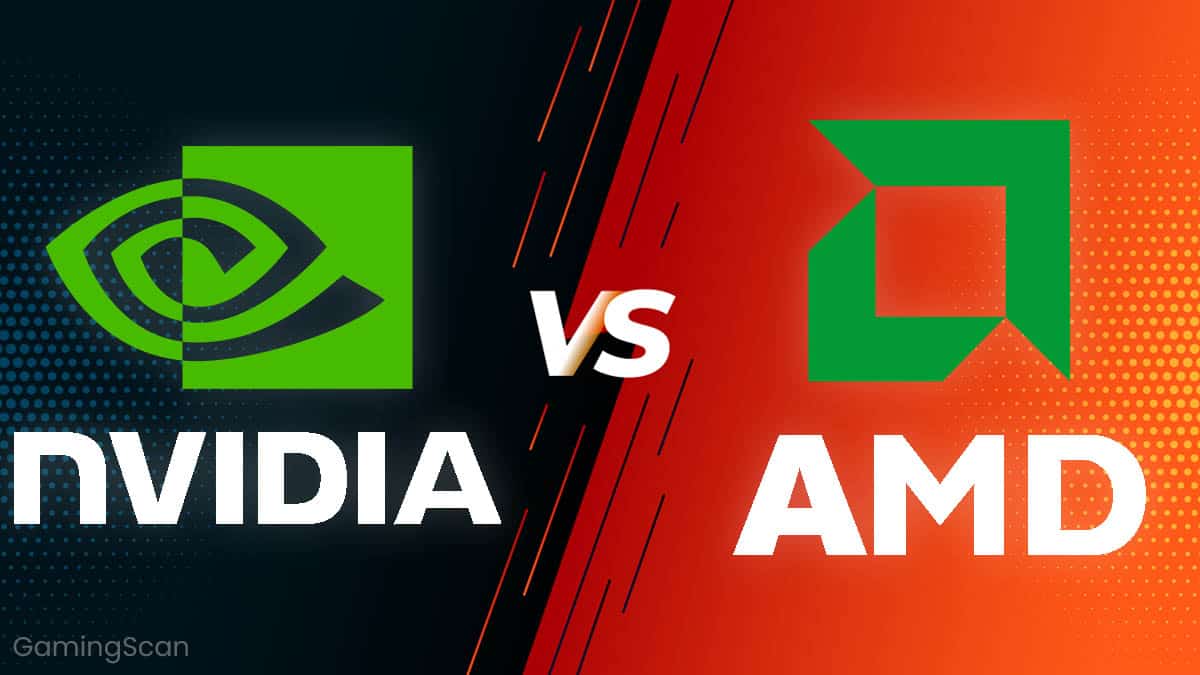I have a 8 yrs old system with the following configuration :
Processor: Intel Core i7 3930k (Hexa Core @3.2Ghz)
Motherboard: Asus P9X79 Pro
RAM: 16 Gb (4x4gb) Gskills Z series DDR3
Gfx Card: Zotac Gtx 670 amp edition 2gb (Died)
PSU: Corsair TX750 750watt
Cabinet: Coolermaster HAF X
Hdd: 1tb WD Black, 500gb WD Green
Monitor: Dell 2707 WFP 1920x1200 with Dvi in (no hdmi)
Recently my Graphics card died. Now am looking for a new replacement card for atleast next 3 to 4 years. My main usages are gaming with preferably high to ultra settings and Editing with Adobe photoshop, Coreldraw and a bit of Adobe Premiere video stuff.
I basically want a future proof card for this build and I do not wish to upgrade anything else unless something dies.
I shortlisted:
I mainly shortlisted zotac because of their 5 yrs warranty compared to 3yrs from others.
I am confused because I want a future proof card but don't know if the rest of the system might be a bottleneck for these cards and also if I get the 2060, will the 6gb ram prove to be a bottleneck in future games for the card itself and should I invest so much in a gfx card for such an older system?
Please advise.
Processor: Intel Core i7 3930k (Hexa Core @3.2Ghz)
Motherboard: Asus P9X79 Pro
RAM: 16 Gb (4x4gb) Gskills Z series DDR3
Gfx Card: Zotac Gtx 670 amp edition 2gb (Died)
PSU: Corsair TX750 750watt
Cabinet: Coolermaster HAF X
Hdd: 1tb WD Black, 500gb WD Green
Monitor: Dell 2707 WFP 1920x1200 with Dvi in (no hdmi)
Recently my Graphics card died. Now am looking for a new replacement card for atleast next 3 to 4 years. My main usages are gaming with preferably high to ultra settings and Editing with Adobe photoshop, Coreldraw and a bit of Adobe Premiere video stuff.
I basically want a future proof card for this build and I do not wish to upgrade anything else unless something dies.
I shortlisted:
- Zotac GTX 1660 Super amp edition with 6gb GDDR6 ram @ $271 USD
- Zotac RTX 2060 WITH 6gb GDDR6 ram @ $346 USD
I mainly shortlisted zotac because of their 5 yrs warranty compared to 3yrs from others.
I am confused because I want a future proof card but don't know if the rest of the system might be a bottleneck for these cards and also if I get the 2060, will the 6gb ram prove to be a bottleneck in future games for the card itself and should I invest so much in a gfx card for such an older system?
Please advise.
Last edited:



